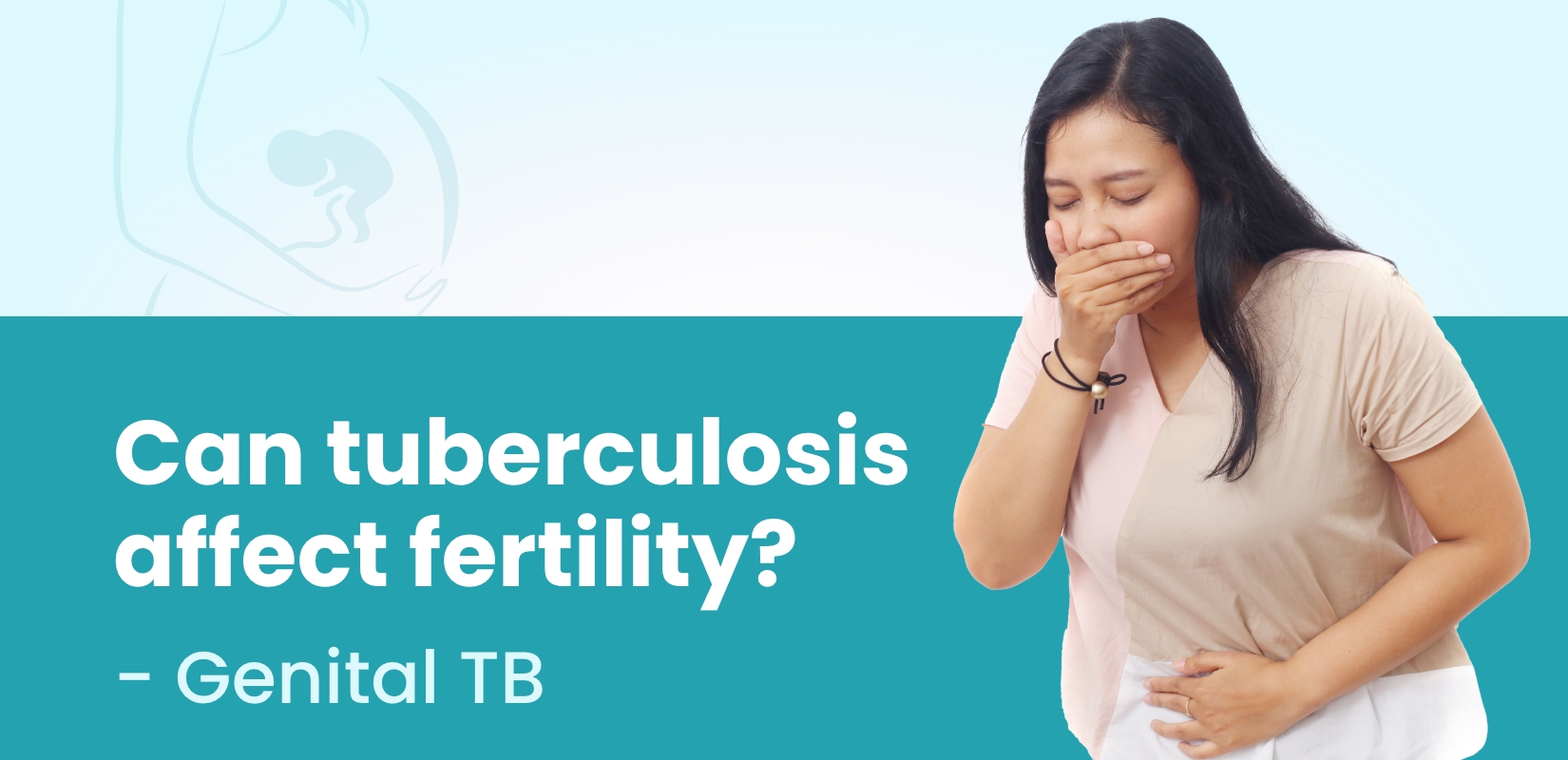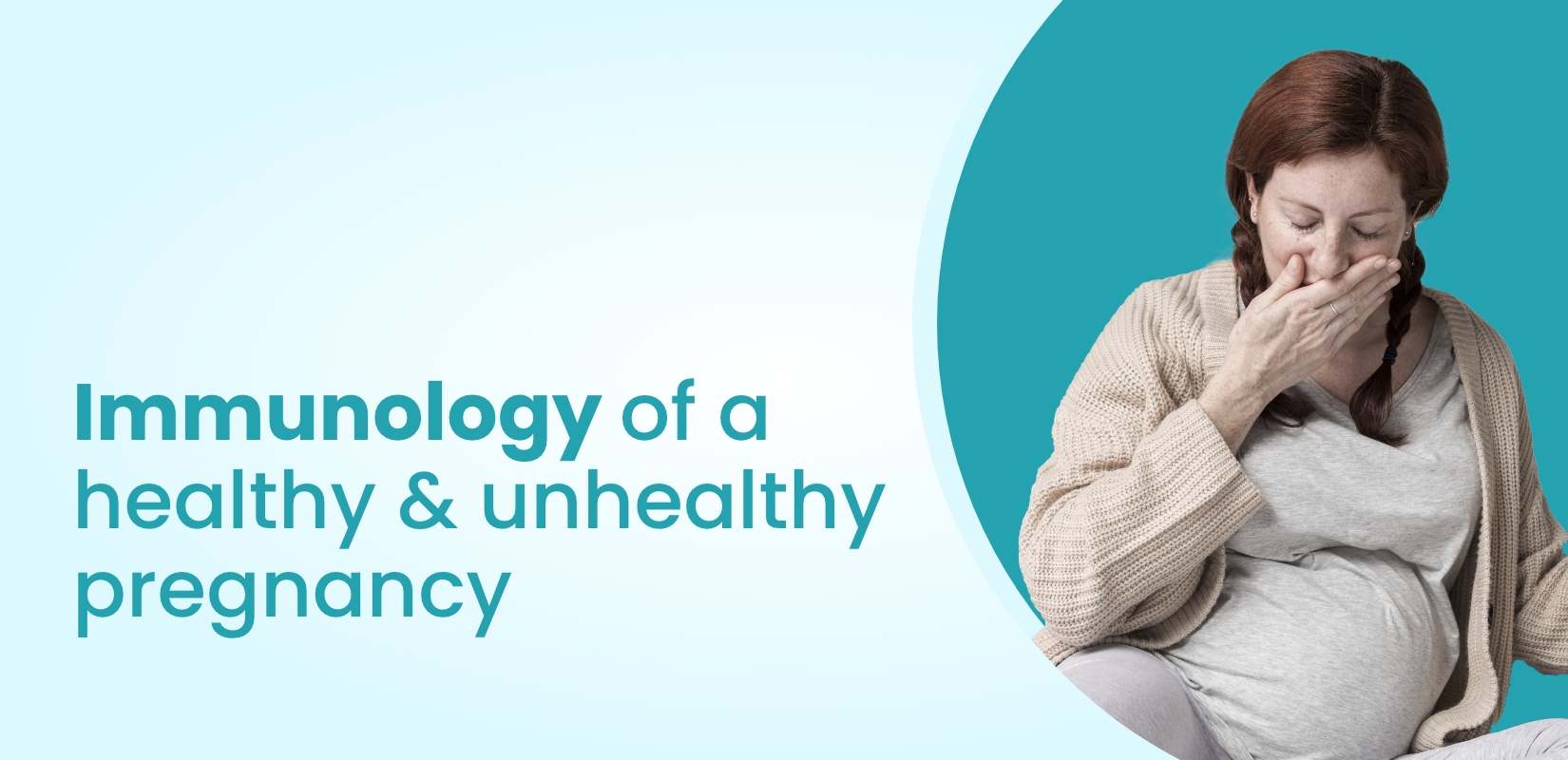
Can tuberculosis make a woman unable to have children? So, the answer is YES!! Tuberculosis is able to damage the fallopian tubes in a big way. It can get worse if it isn't treated, so it can help a woman to get it diagnosed and treated as soon as possible.
Tuberculosis is an infection of the lungs caused by bacteria, but it can also spread and cause other infections. Before World Tuberculosis Day, health professionals said that these secondary infections can spread to a woman's genital organs, like her fallopian tubes. This makes it harder for her to get pregnant, which is why World Tuberculosis Day is on March 24. Research shows that the Mycobacterium tuberculosis bacteria, also known as Mtb, is an infectious killer around the world, killing more than 4,000 people every day.
In developing countries, tuberculosis is one of the most common reasons why people can't have children. It only does this if it gets into the genital tract. The name for this is genital TB. It causes tuberculosis, endometriosis (an infection of the uterus), and salpingitis in women (infection of the tubes). Most of the time, this infection doesn't show any signs or symptoms. Genital TB is always hard to spot because it sneaks into the genital tract without making any noise. LIT is one of the ways to treat this condition (Lymphocyte Immune Therapy).

The egg usually goes into the fallopian tube after ovulation. Here, things get fertilized. This embryo grows and moves towards the uterus until it settles in the lining of the uterus and starts to grow into a fetus. The fetus is made up of two parts.
One part comes from the mother, and the other comes from the father. If the mother's part isn't protected, it can cause an abortion on its own, like in auto-immune diseases (blood tests recommended are lupus anticoagulant and anticardiolipin antibody). Aspirin, molecular weight heparin, and, if necessary, steroids can be used to treat these auto-immune disorders.
In alloimmune defects, the part from the father is not protected. White blood cell (WBC) natural killer cell activity can now be tested in the lab. If this is found, the patient is treated with lymphocyte immune therapy (LIT), which uses leucocytes from the blood of the husband or someone who is not related to the patient. Lymphocyte immune therapy (LIT) is done many times until the killer cell activities of WBC return to normal levels.
People often think that tuberculosis only affects the chest because it is so common, but Dr Nirmala, a consultant infertility expert at the Juhi Clinic in Hyderabad, said that it can affect more than one organ and can even affect a person's ability to have children.
She told him, "In terms of reproductive health, Tuberculosis bacteria (TB bacillus) can infect the fallopian tubes, which can cause the tubes to become blocked. Second, it affects the lining of the uterus, which causes the endometrium lining to thin and causes a woman to have less menstrual flow. Blockages in the fallopian tubes and thinning of the lining of the uterus can make it hard to get pregnant."
Women with TB in their genitalia may have trouble getting pregnant. Even if it doesn't affect their ability to have children, there is a good chance that it will mess up their period. Since TB affects the fallopian tubes, the fertilized egg won't be able to get through the tube to the uterus or womb. If the lining of the uterus, or endometrium, is damaged, a fertilized embryo won't be able to settle in the uterus. The doctor said that the quality and long-term inflammation will also reduce the number of eggs.
When a person coughs or sneezes, they release tiny air droplets that carry the TB bacteria to other people. TB can cause coughing, chest pain, loss of weight, loss of appetite, feeling tired, fever, night sweats, and chills.
Active TB and Miliary TB are the two types of disease. When someone has active tuberculosis, the bacteria are quickly multiplying and taking over different parts of the body. On the other hand, military TB affects the whole lung and can lead to problems.
If TB isn't treated, it can cause an abortion, labour to start early, a baby to be born with a low birth weight, an ectopic pregnancy, or the baby to die soon after birth. Women who are pregnant and have been diagnosed with TB should start treatment right away.
TB is the cause of most cases of infertility. Both people can be harmed. Women's immunity as a whole is low and hurt. If a chest doctor is needed, a multidisciplinary approach with a chest doctor gives excellent cure rates. But if a patient comes in late and more than one organ is affected, the outlook is not good. Active TB is not a reason why you shouldn't end a pregnancy. But the anti-TB drugs might cause problems in the first trimester.

If you have TB, some suggestions for how to deal with it:
Even though there are many government programmes, there is still a taboo about tuberculosis (TB), and even after a patient has been diagnosed, they don't want to get treatment.
Your email address will not be published. Required fields are marked *